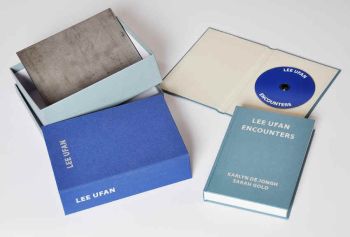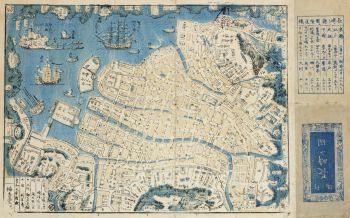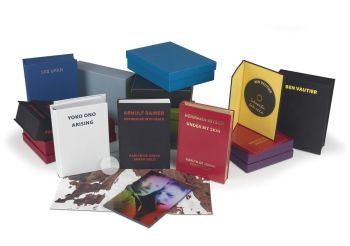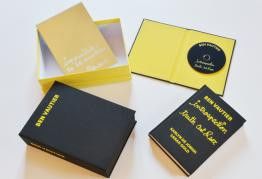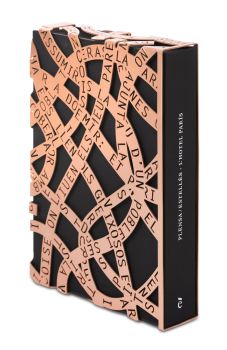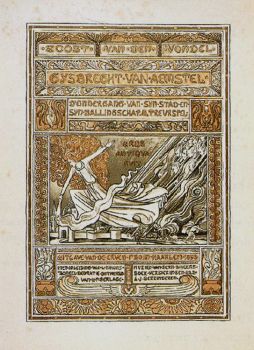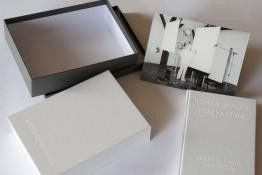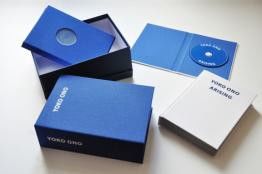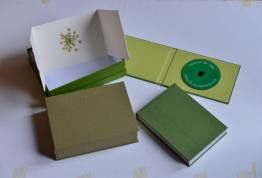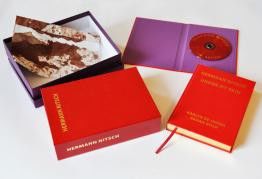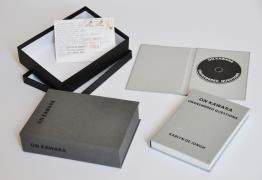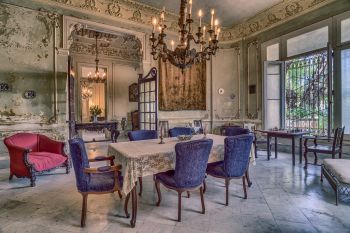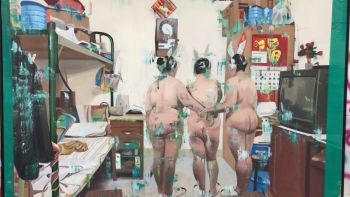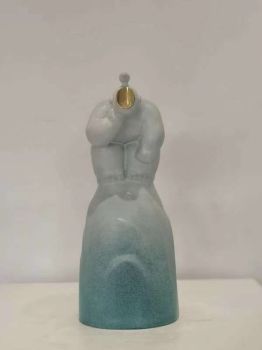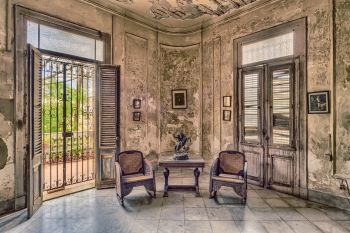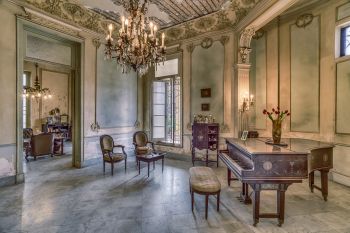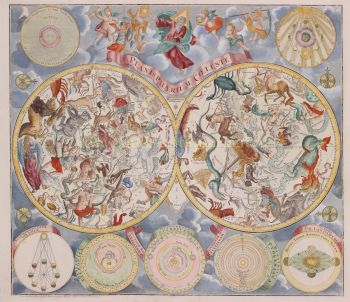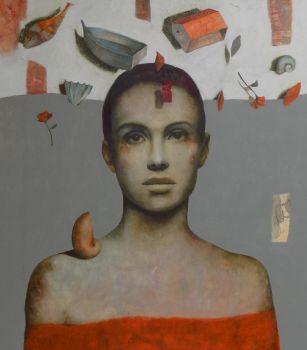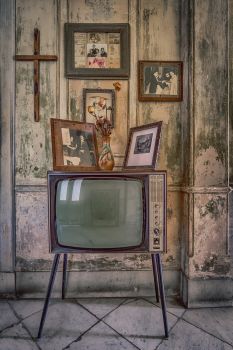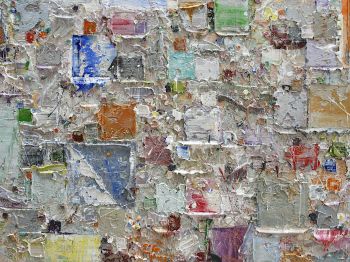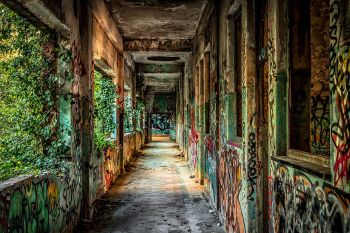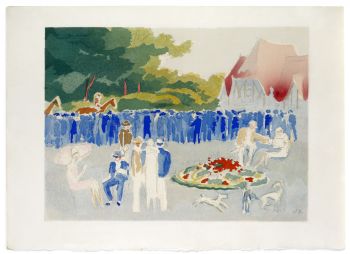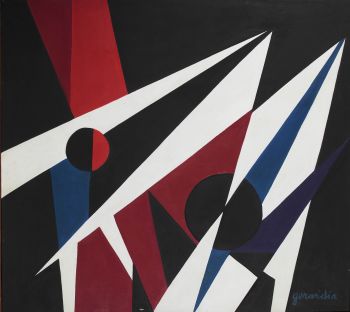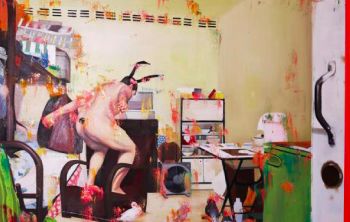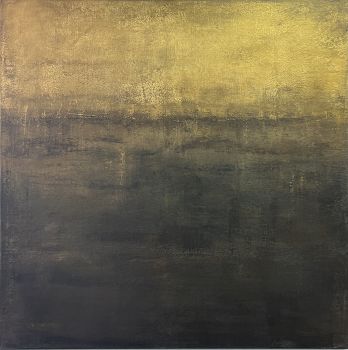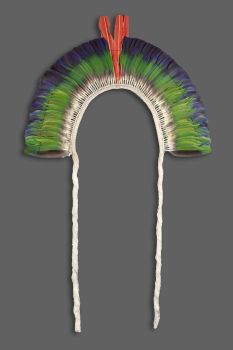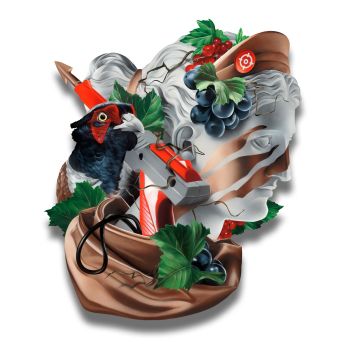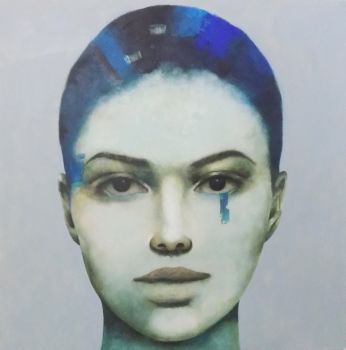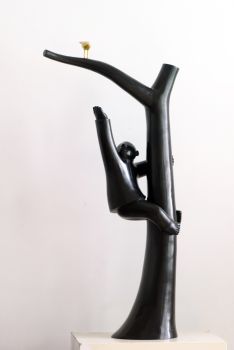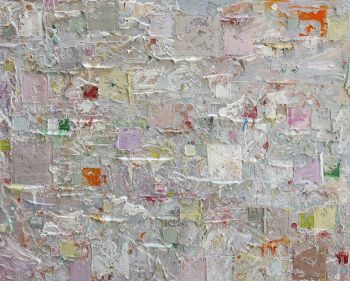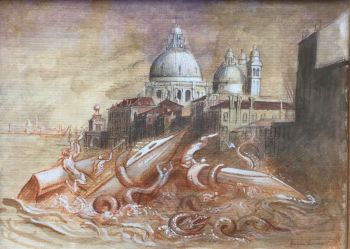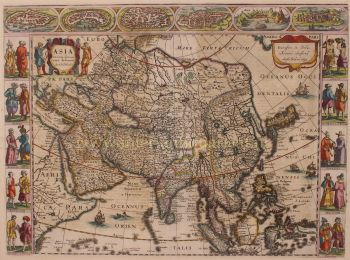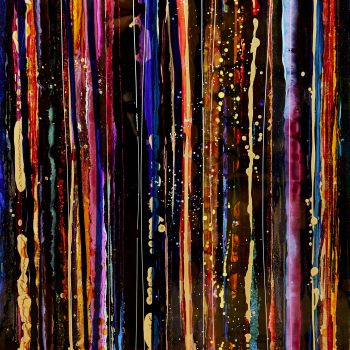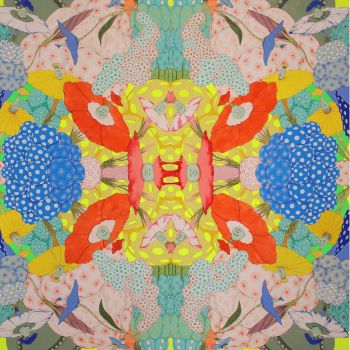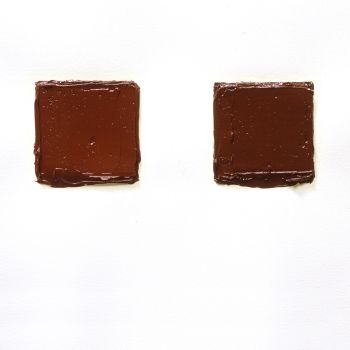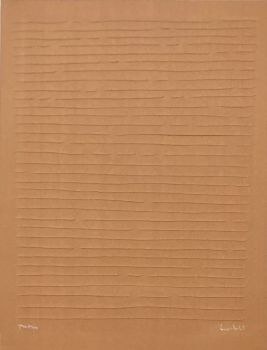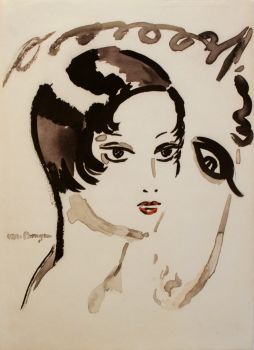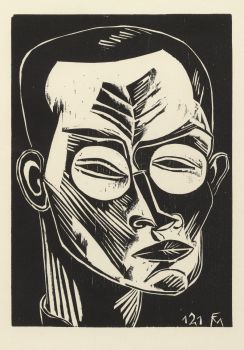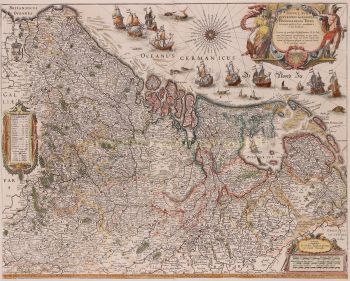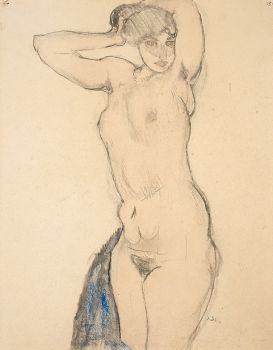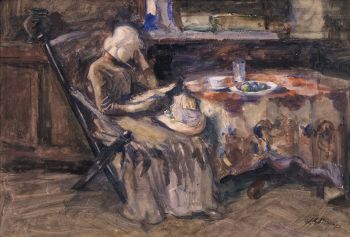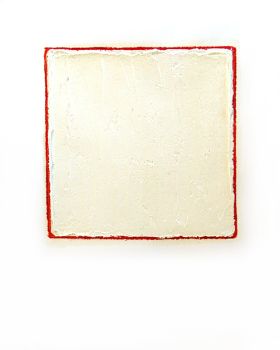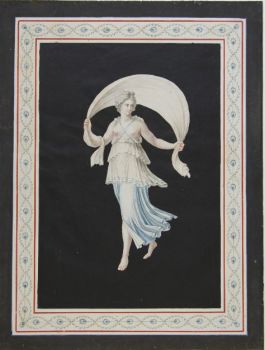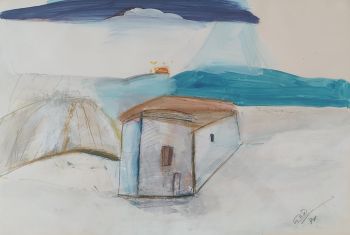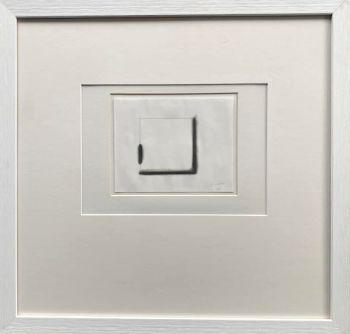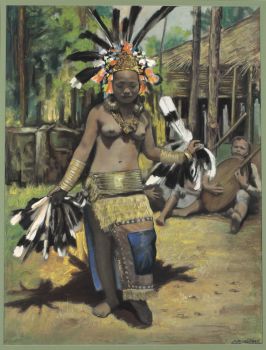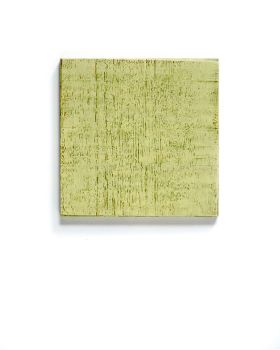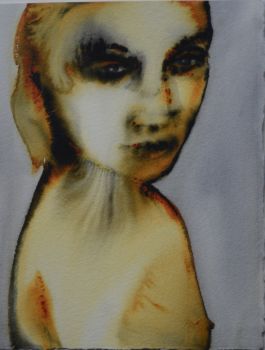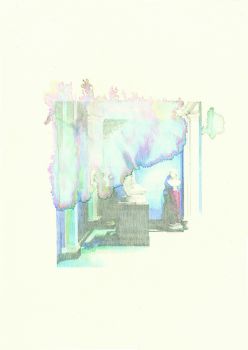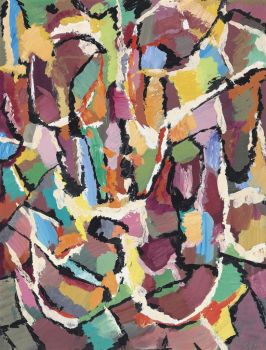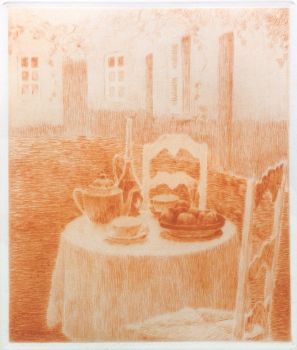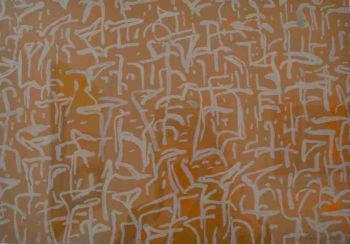Discovery of the Canary Islands in classical Greek and Roman, Arabic and Portuguese sources 1844
Joaquim José da Costa de Macedo
InkPaper
Currently unavailable via Gallerease
- About the artworkMemoria em que se pertende provar que os Arabes não conhecerão as Canarias antes dos Portuguezes.
Lisbon, printing office of the Academia Real das Sciencias, 1844. Folio. With a woodcut Portuguese coat of arms on the title-page. Modern brown paper wrapper.
A detailed scholarly study of ancient sources for the history and geography of the Canary Islands, attempting to prove that the Portuguese discovered them before Islamic explorers, and that Islamic geographers knew them only through classical Greek and Roman sources. The main text is followed by extensive notes from a wide variety of sources and transcriptions of numerous primary sources, some in Greek or Arabic. In passing it also provides a wealth of information about navigation in the Mediterranean and Atlantic by classical Greek and Roman and by Islamic explorers. While Macedo's claim for Malocello's discovery of the Canaries in 1336 is no longer accepted, the Islamic geographer Idrisi noted a Portuguese voyage to the Canaries already before 1154.
In fine condition and wholly untrimmed, giving very large margins. The modern wrapper is slightly tattered.
Porbase (1 copy); cf. Innocêncio IV, 96 and XII, 80 (issue in proceedings); for the author: www.academia.edu/6742675. - About the artistJoaquim José da Costa de Macedo was a Portuegese professor of Rational and Moral Philosophy, member of the Academy of Sciences and librarian of the Lisbon Public Library. He was part of commissions that were decisive for Portuegese documentary research.
Artwork details
Related artworks
Tilmanus Nicolaus Maastricht
Missale Romanum with Dutch silver mounts1788 - 1792
Price on requestJacob J. Roosjen SRI
Antonie Derkinderen
Memory book Exhibition of Dutch Painting1892
Price on requestKunsthandel Pygmalion
Engelbert Kaempfer
ENGELBERT KAEMPFER BOOK1651 - 1716
Price on requestZebregs & Röell - Fine Art - Antiques
LAWRENCE WEINER
"SKIMMING THE WATER [MENAGE A QUATRE]" Signed book plus small artwork2010 - 2014
Price on requestGallerease Selected
Engelbert Kaempfer
ENGELBERT KAEMPFER BOOK1651 - 1716
Price on requestZebregs & Röell - Fine Art - Antiques
Antonie Derkinderen
Memory book Exhibition of Dutch Painting1892
Price on requestKunsthandel Pygmalion
Yoko Ono
YOKO ONO: "ARISING" SIGNED BOOK PLUS SMALL ARTWORK 2010 - 2014
Price on requestGallerease Selected
Hermann Nitsch
"UNDER MY SKIN" Signed book incl. small artwork and DVD in a matching box2010 - 2014
Price on requestGallerease Selected
1 - 4 / 22Unknown artist
A JURUNA TRIBE FEATHER HEADDRESS1900 - 1950
Price on requestZebregs & Röell - Fine Art - Antiques
1 - 4 / 24Rene Rietmeyer
"Germany, Saarland, April 2001"2001
Price on requestEuropean Cultural Centre Collection
1 - 4 / 24

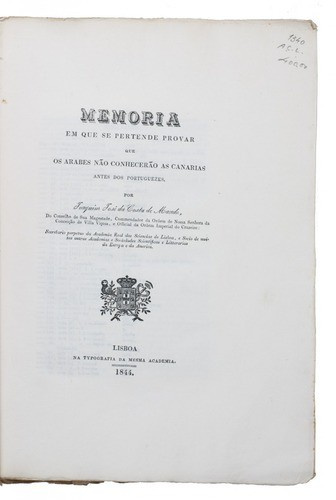


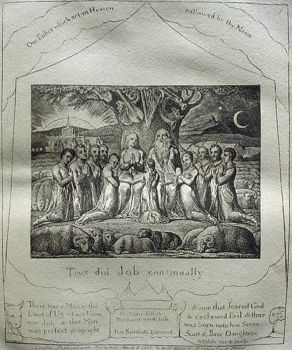
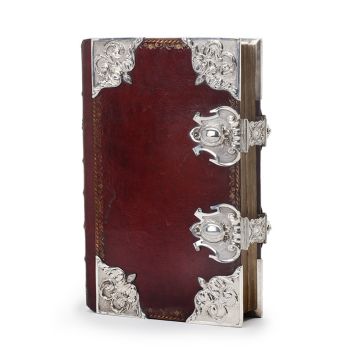
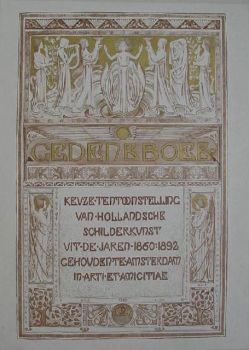
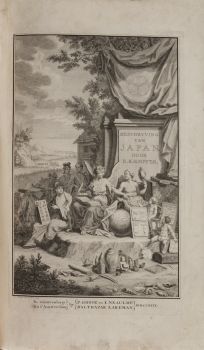
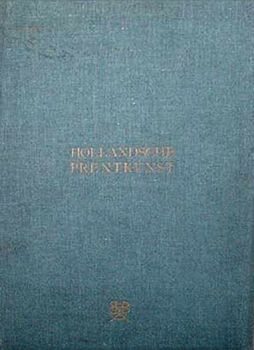
!["SKIMMING THE WATER [MENAGE A QUATRE]" Signed book plus small artwork by LAWRENCE WEINER](https://media-2.gallerease.com/images/442bfd5f-fc31-4e18-a2fa-ee0c08eade64/350x350/skimming-the-water-menage-a-quatre-signed-book-plus-small-artwork.jpg)
